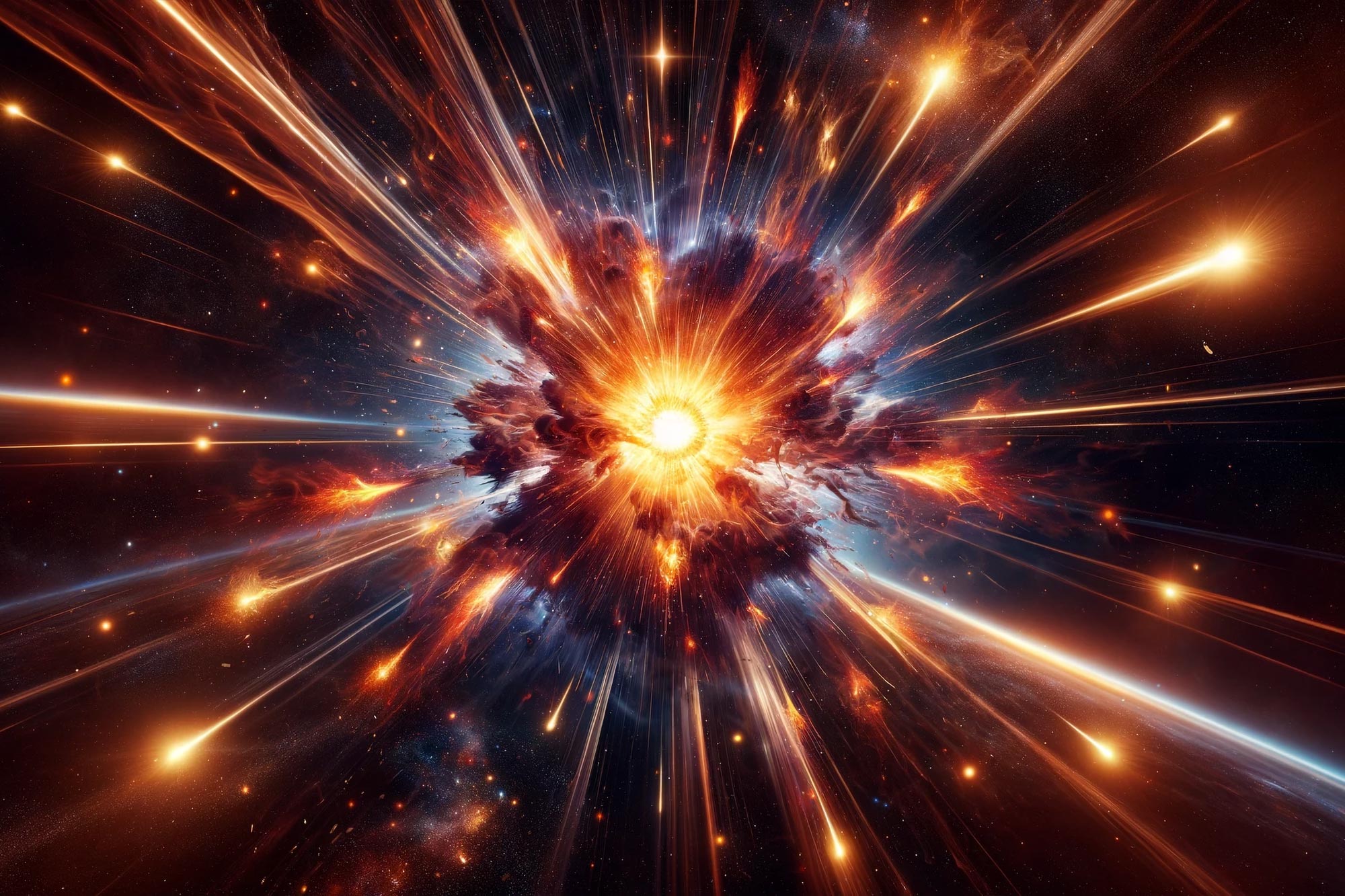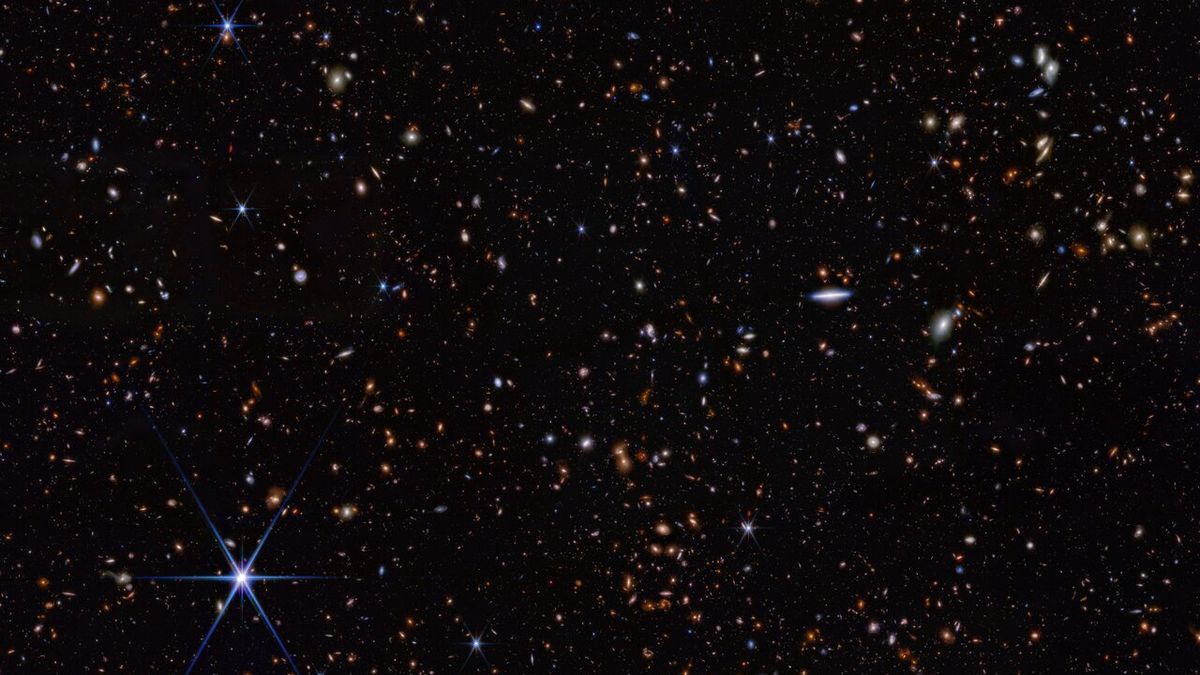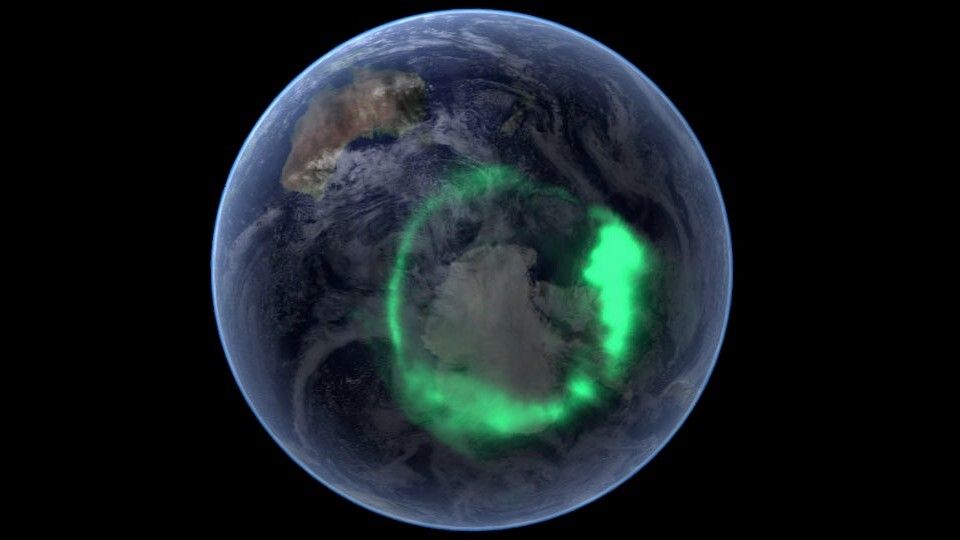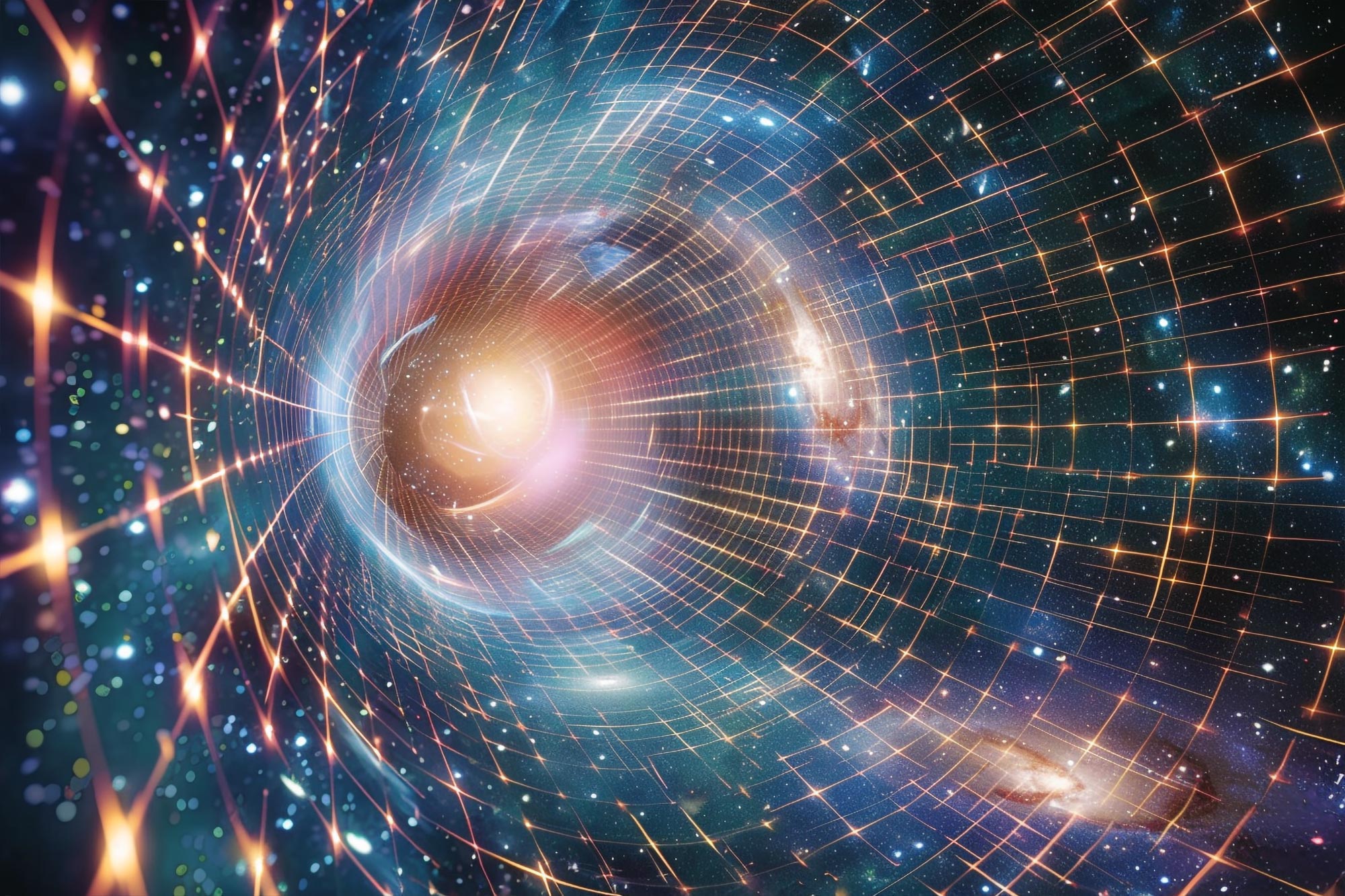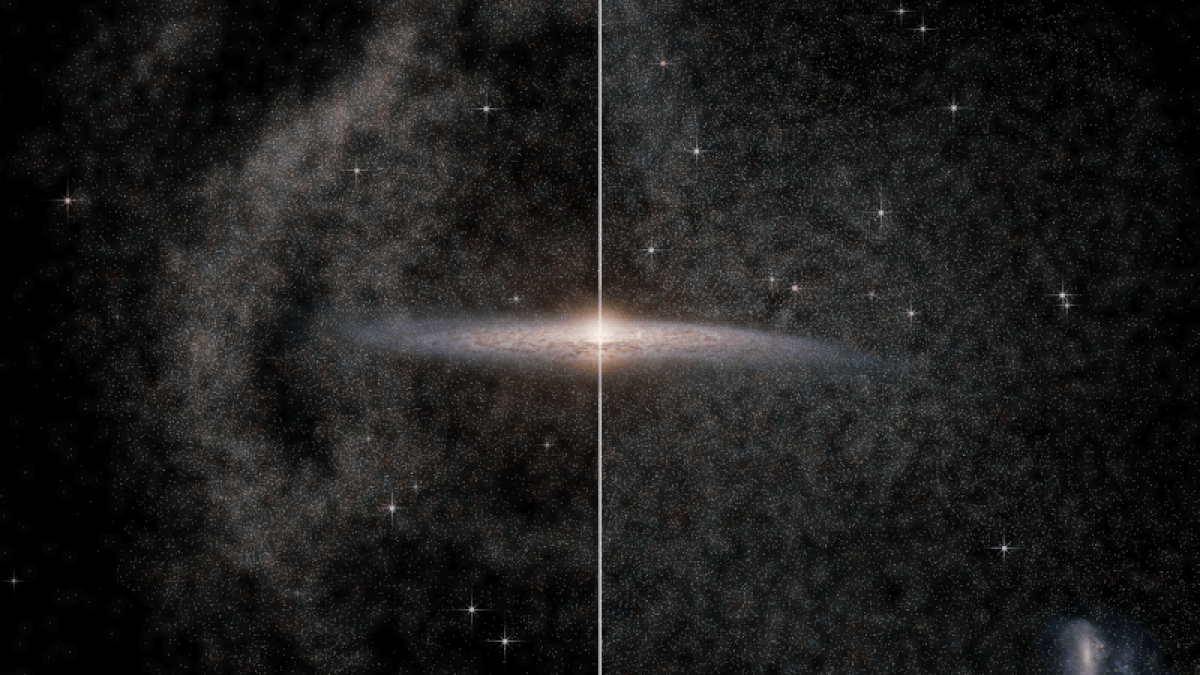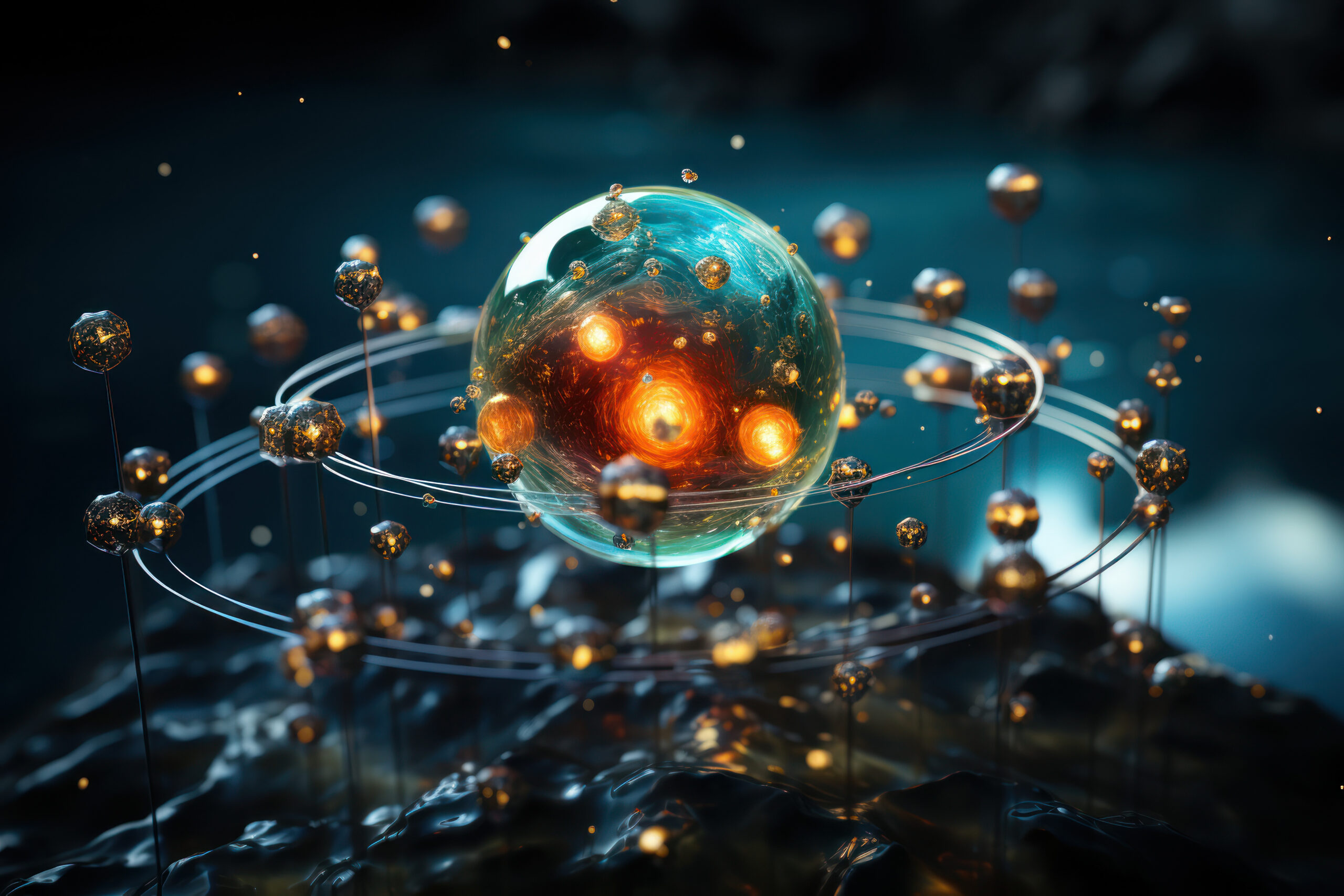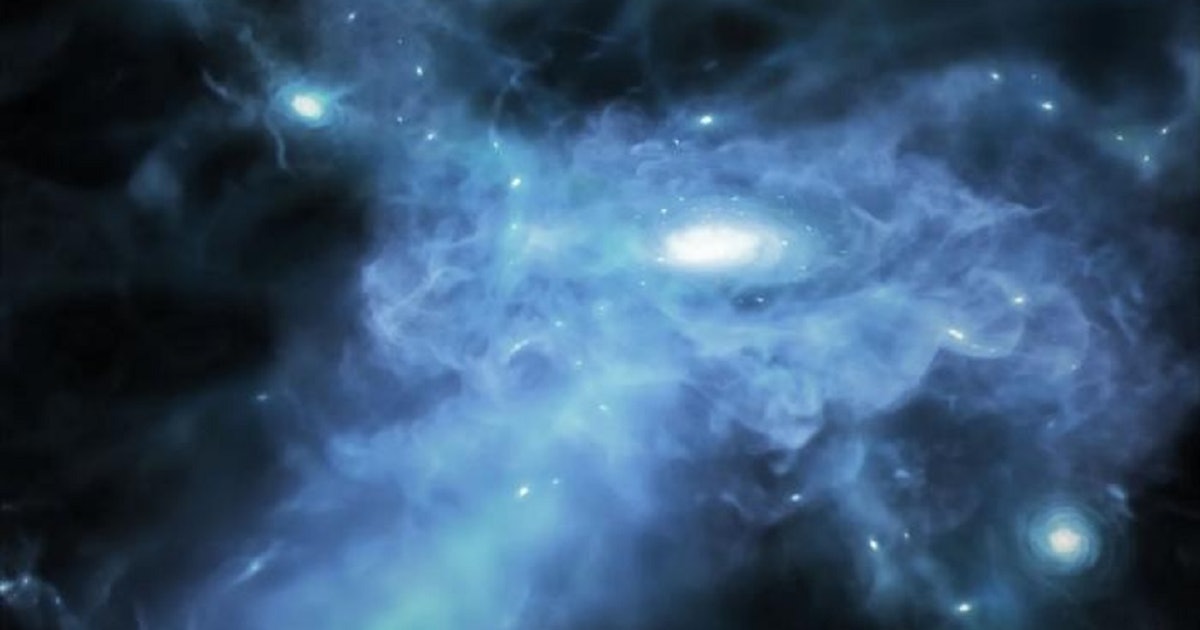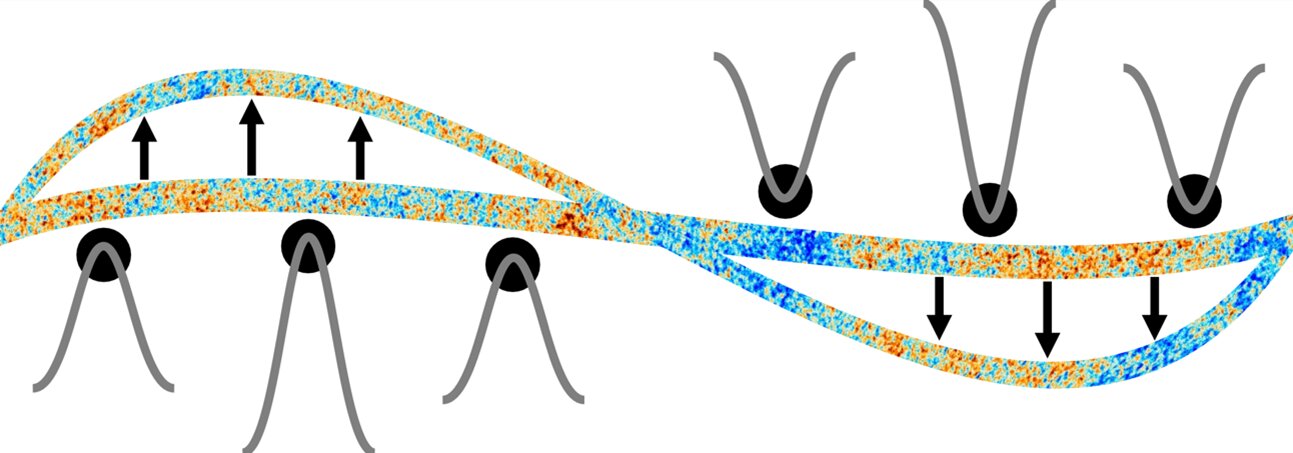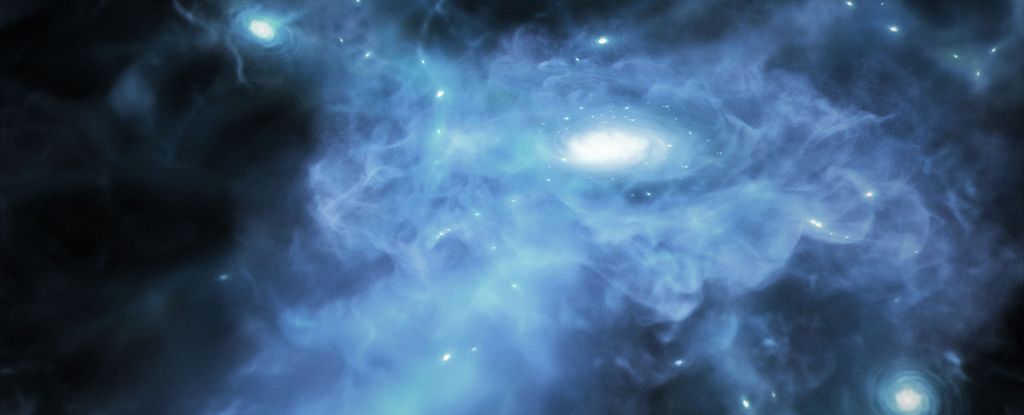Webb is a supernova discovery machine: 10x more supernovas in the early universe
The James Webb Space Telescope has discovered a remarkable number of distant supernovae, providing new insights into the structure and expansion of the early universe. This includes the detection of Type Ia supernovae at unprecedented distances, contributing to our understanding of cosmic distances and the expansion of the universe. Credit: SciTechDaily.com NASA‘S James Webb Space … Read more
